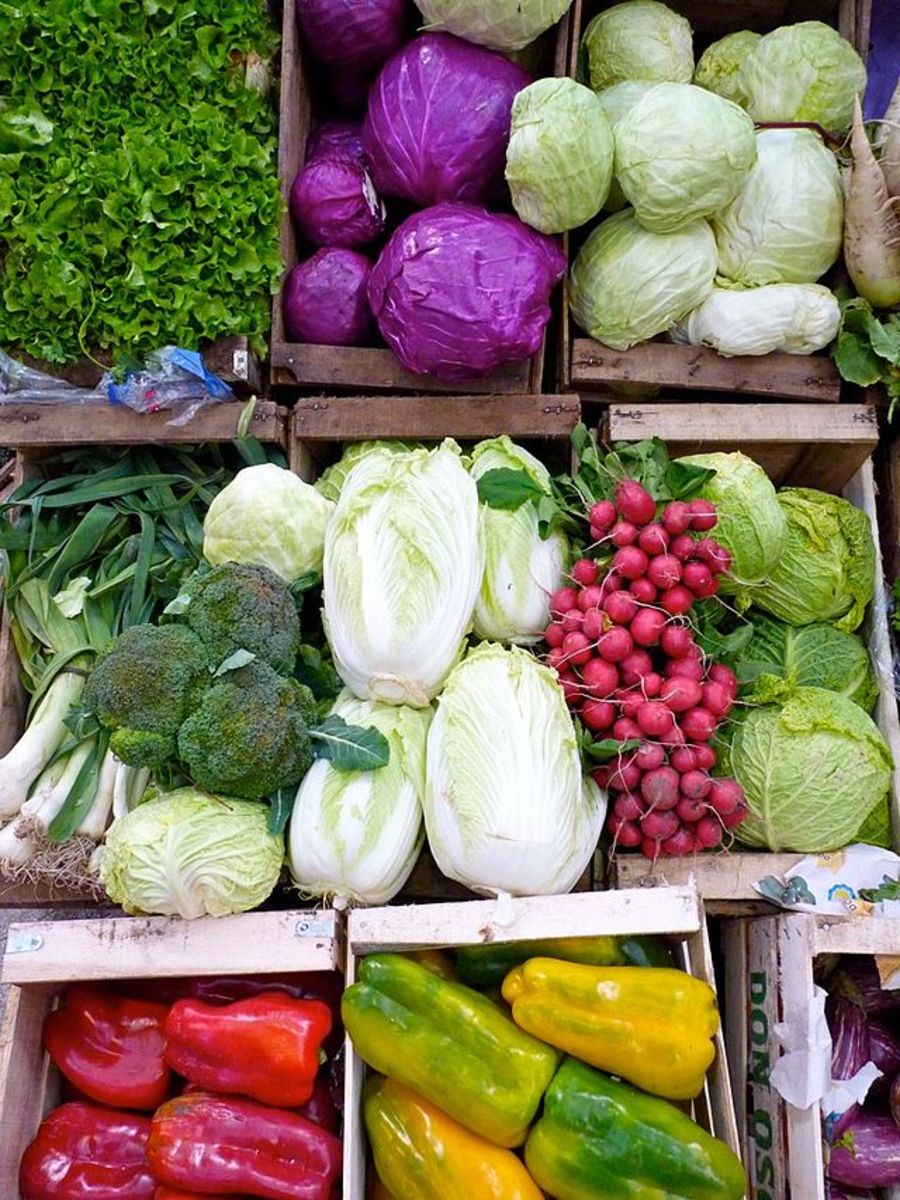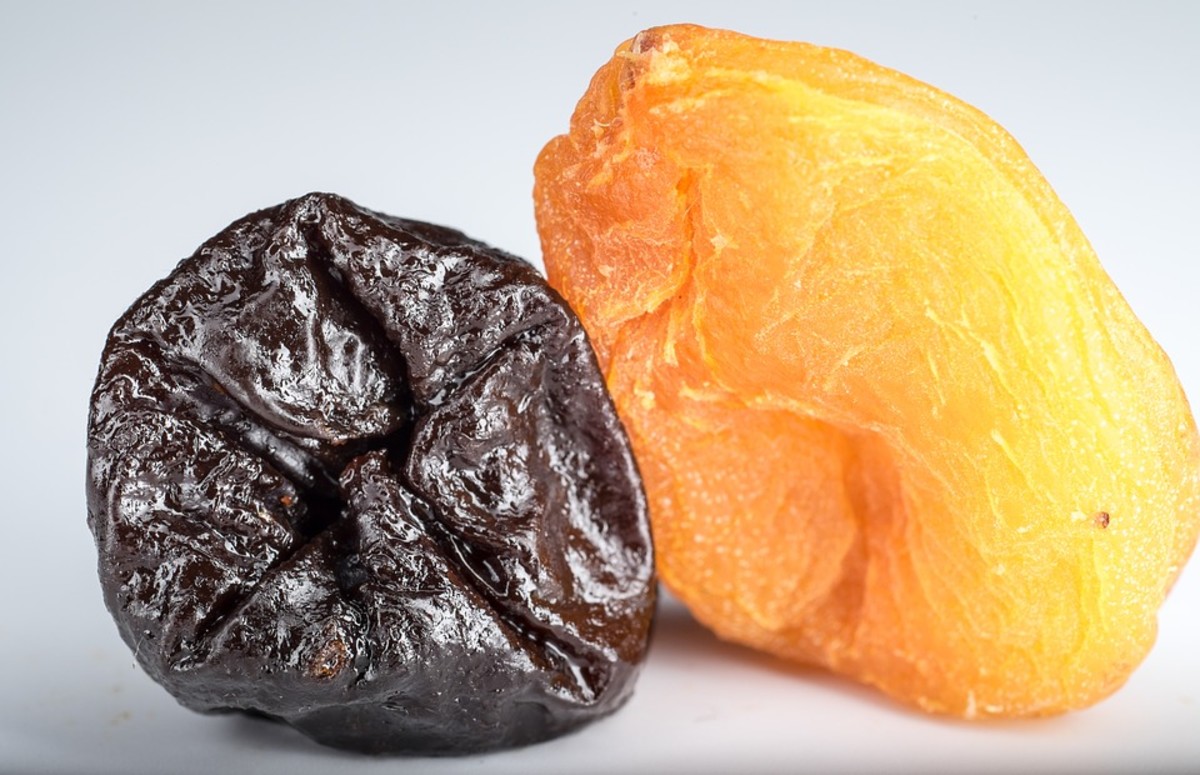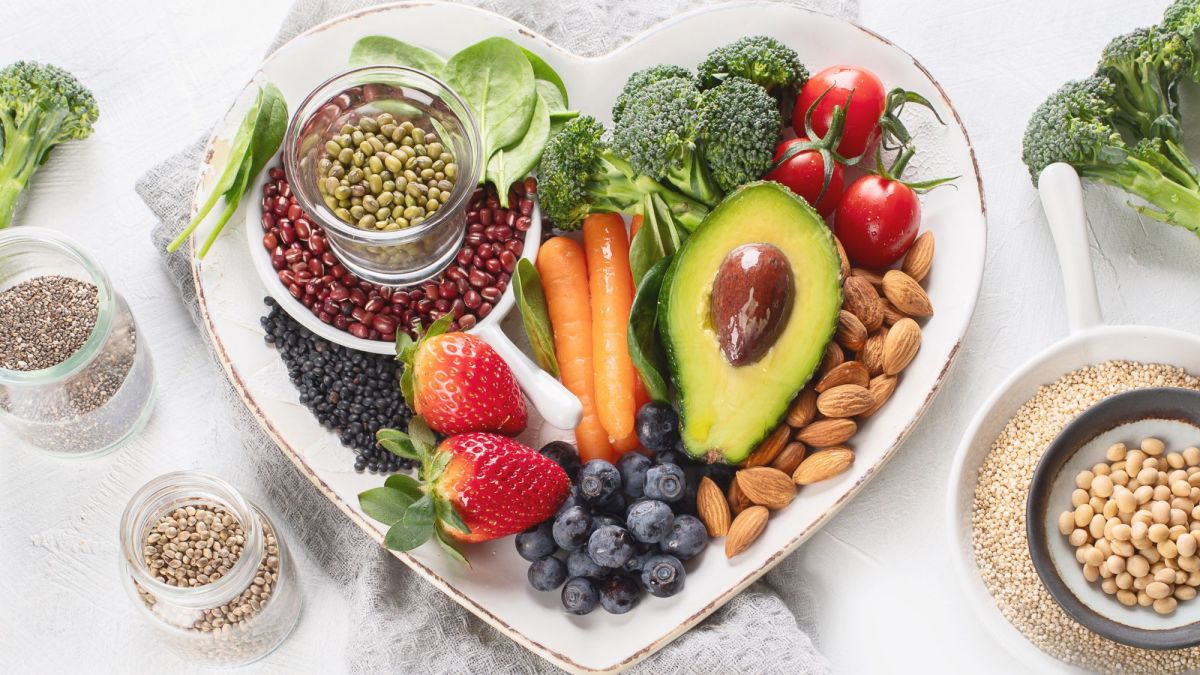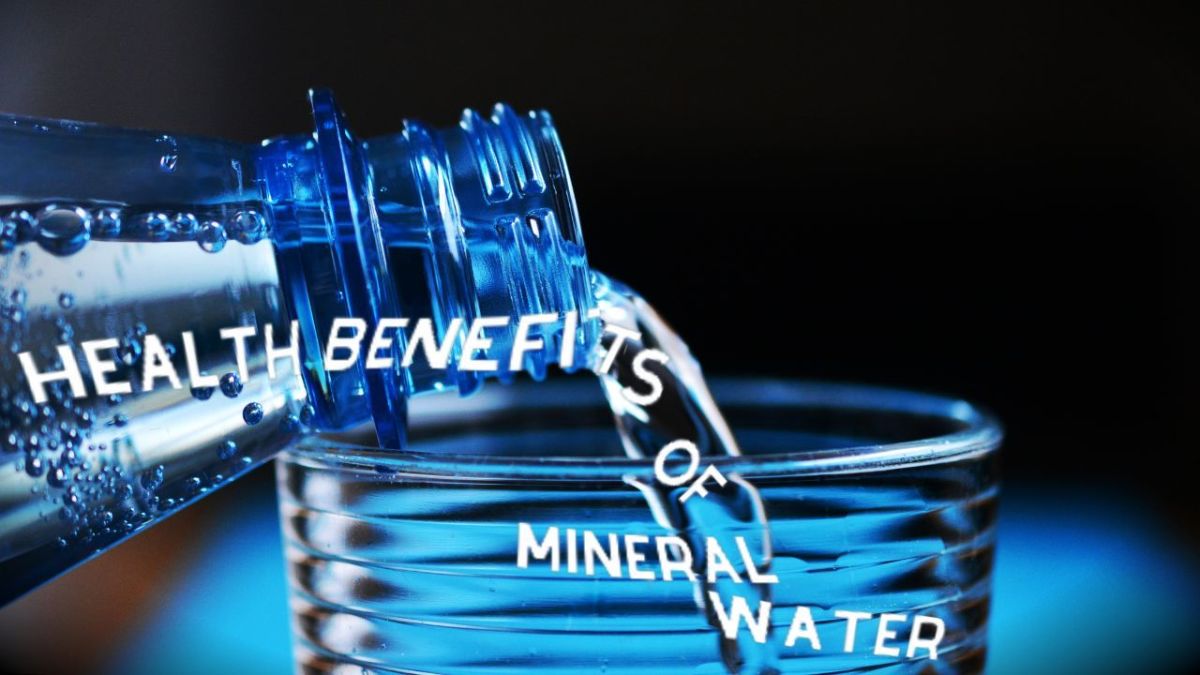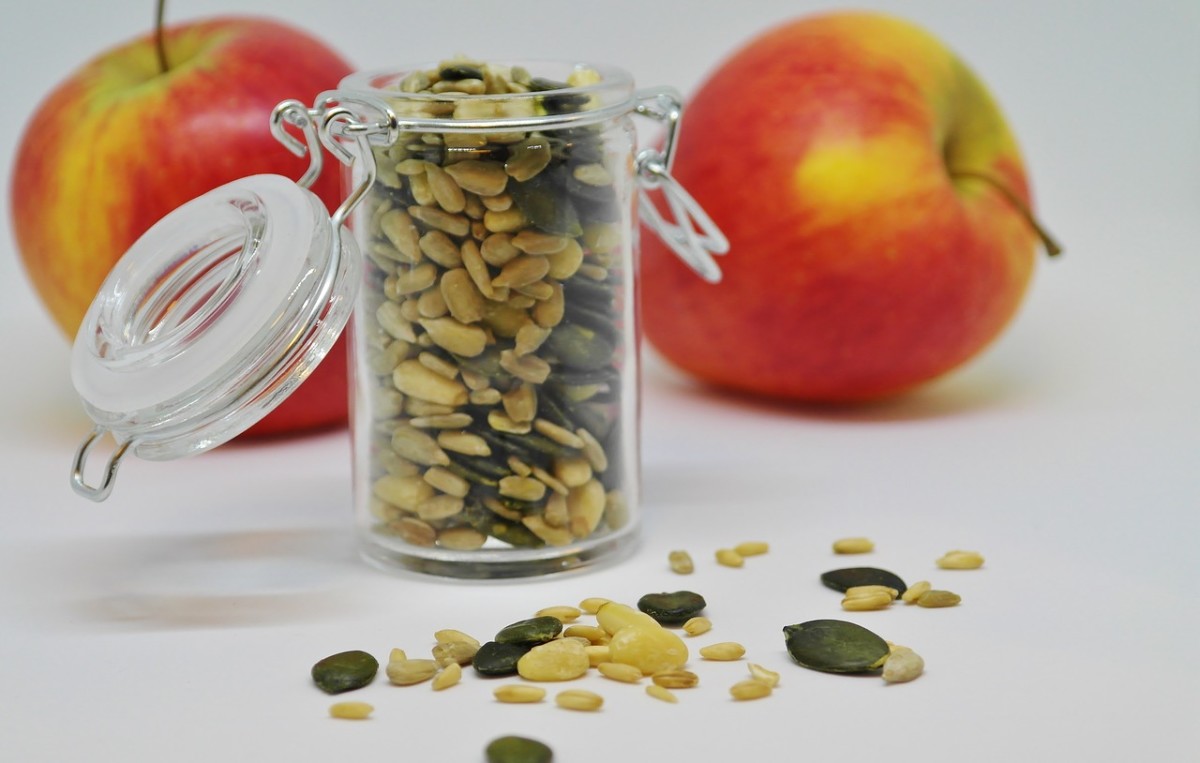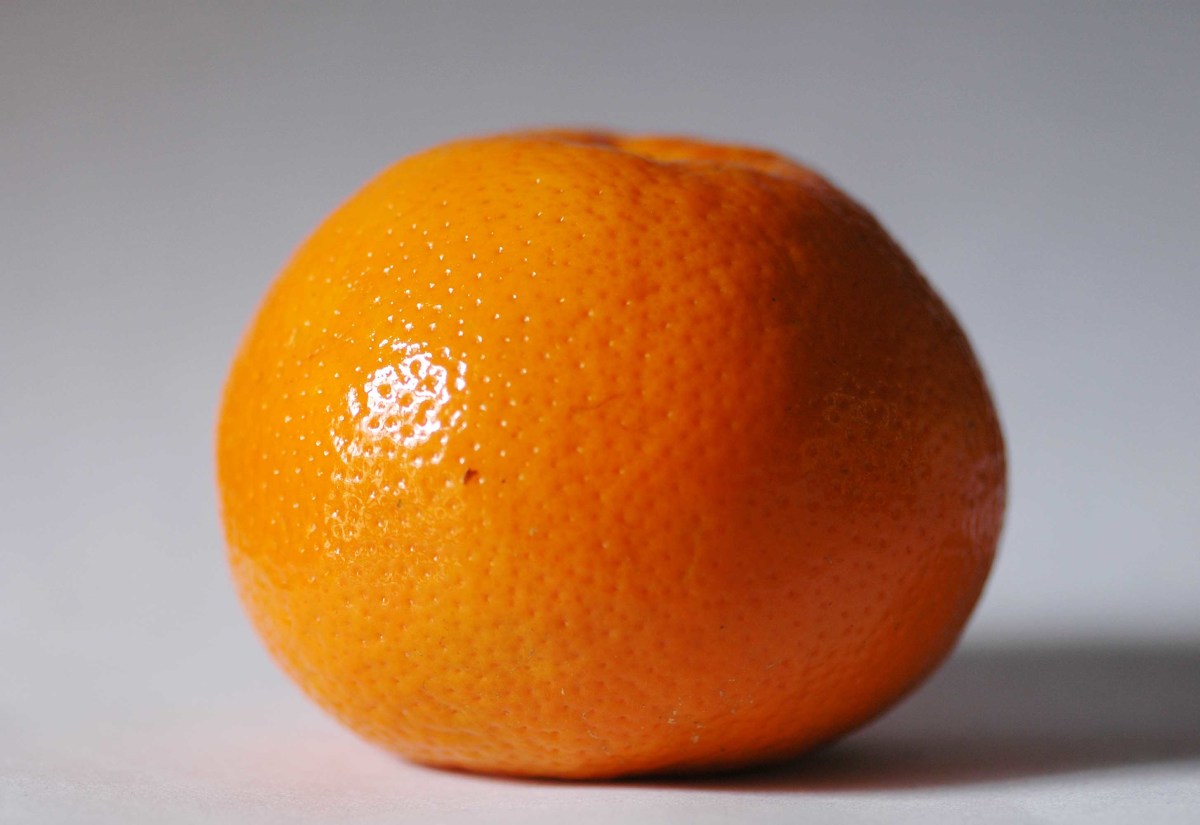What Happens To Your Body When You Go Vegan?
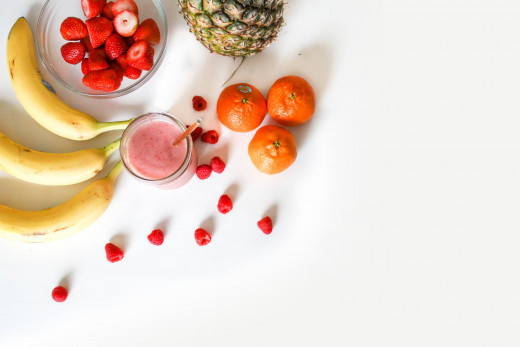
While many who make the change to a vegan lifestyle are motivated by ethical or environmental reasons, others are driven by its potential health benefits. It’s true that making the change to a vegan diet can positively impact the health of your body.
Most people find that they feel better when they start a vegan diet and notice improvements in both physical and mental health. Eating a plant-based diet means getting rid of all animal products including meat and dairy.
In place, vegans eat a wide variety of fruits and vegetables, legumes, seeds & nuts, non-dairy milk, and meatless alternatives. These fresh foods carry essential nutrients known to improve the health of the body and brain.
A greater appreciation for food
One positive change some people have found once they’ve embarked on the vegan diet is that they gain a greater appreciation for food. In particular, for the variety of foods available.
That’s because certain flavor amplifiers like dairy and eggs are restricted, those who have switched to vegan learn how to become more creative with fresh foods and spices. Vegetables are no longer a ‘side’, but the main dish.
Not to mention, seeds are used not only for texture in dishes but for added nutrition. In turn, vegans become mindful eaters and choose foods based on the nutritious benefit they bring to the body.
Reduced risk of illness
Most people can admit that eating more fresh foods and less junk food benefits their health in one way or another. For vegans, the health benefits of plant-based foods translate to fewer illnesses and a reduced risk of cancer, arthritis, and heart disease. Studies have indicated that a plant-based diet also provides positive health benefits such as the prevention of obesity and type 2 diabetes.
Other potential health benefits a vegan diet provides the body include fewer urinary tract infections (UTIs) and kidney infections. This is because meat carries the E.Coli bacteria which is responsible for three-quarters of infections. Natural chemicals in fruit and vegetables have also shown to stop bacteria from growing, with high-fiber fruits & veg making the intestines more acidic - making it harder for bacteria to grow.
Better sleep
The key nutrients for inducing and improving sleep include magnesium, calcium, and vitamin B6. These nutrients are essential to creating melatonin (the sleep hormone) in the body. For vegans, these sleep-inducing vitamins can be found in foods such as dark leafy greens, bananas, seeds, beans and pulses, lentils, whole grains, nuts, fortified milk alternatives, dried spices, tofu, and raw cacao.
Meat eaters may find that their high-fat, low fiber diets can impact their quality of sleep. In fact, higher meat consumption has been associated with changes in sleep duration and with poor sleep in older adults.
Healthier brain function
The foods that people eat have a direct impact on brain chemistry. Research has shown that omega-3 fatty acids can improve brain health. While many people source their omega 3 from fatty fish, vegans can find flavonoids in fruits, green vegetables, seeds, and nuts.
All of which benefits overall brain health. Whilst, the long-term benefits of a vegan diet and its impact on brain health have yet to be determined, some observational data has shown that vegans actually have a lower risk of developing dementia. There’s also evidence to show improved mental health and cognitive performance among those on a vegan diet.
Wrapping up
Eating more plant-based foods and less meat or animal products is healthier for most people. With the elimination of hormones found in meat and dairy, people who change to a vegan diet quickly notice positive improvements in their health.
This is why the body is becoming fuelled by nutrient-dense foods that are naturally high in fiber and low in fat; improving digestion, reducing illnesses, and boosting brain, heart, and health.
As a result, vegans also find that they have a greater understanding and appreciation of food. This can help in aiding weight loss and providing the body with the correct fuel it needs to perform optimally.

